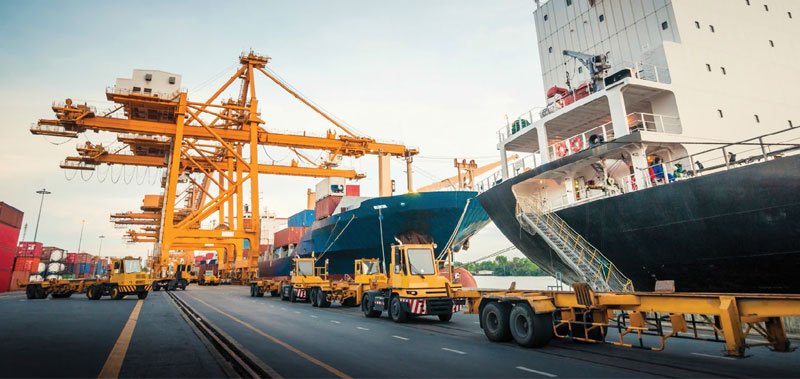Admiralty (Jurisdiction and Settlement of Maritime Claims) Act, 2017

April 1st 2018 will be considered as the most remarkable day in the history of Shipping in India. Finally the new Admiralty Bill has received the assent of the President and the Admiralty (Jurisdiction and Settlement of Maritime Claims) Act, 2017 has come into force on the said date, after repealing an almost 150 year old Acts namely, Admiralty Court Act, 1861, the Colonial Courts of Admiralty Act, 1890, Colonial Courts of Admiralty (India) Act, 1891 and the Provisions of the Letters Patent, 1865 which were introduced by British to bring uniformity with their Admiralty Laws.
With vast growing of international trade, the Shipping Industry has changed a lot in the last many years and the new decision and effort of the law framers to modify and amend the existing Admiralty Law in India is more welcoming and boon to all those who are part of this Industry. Moreover, the provisions of the new Act are framed in such a way as to regularise many issues, including conferring the admiralty Jurisdiction to various high courts in India. The old Colonial Court of Admiralty Act, 1891 and the Admiralty Court Act, 1861 established / conferred the Admiralty Jurisdiction upon the High Court of Bombay, Madras and Calcutta. However, the new Admiralty Act, 2017, confers the Admiralty Jurisdiction not only to these above-mentioned Courts but it also extends to the High Courts of Karnataka, Gujarat, Orissa, Kerala, Hyderabad (for the state of Telangana), Andra Pradesh etc.
Further, these Courts are also given the power to arrest a vessel within its jurisdiction, under Section 5 of the Act, for the purpose of providing security against a Maritime Claim where the court has the reason to believe that –
The person who owned the Vessel at the time when the Maritime Claim arose is liable for the claim and is the owner of the Vessel when the arrest is effected;
The demise charterer of the vessel at the time when the maritime claim arose is liable for the claim and is the demise charterer or the owner of the vessel when the arrest is effected;
The claim is based on a mortgage or a charge of the similar nature on the vessel;
The claim relates to the ownership or possession of the vessel;
The claim is against the owner, demise charterer, manager or operator of the vessel and is secured by a maritime lien as provided in Section 9
However, no Vessel shall be arrested if the claim/dispute is regarding the possession or ownership of a vessel or the Ownership of any share therein. Under this Act, the term “Vessel” includes any Ship, Boat, Sailing Vessel or other description of vessel used or constructed for use in navigation by water, whether propelled or not, and includes a barge, lighter or other floating vessel, a hovercraft, an offshore industry mobile unit, a vessel that has sunk or is stranded or abandoned and the remains of such vessel. Further as per Section 11 of the Act, the Claimant who initiate a legal proceeding to arrest a vessel, is required to provide an unconditional undertaking to pay such amount/money as damaged or as a security for any loss or damage which may be incurred by the Defendant as a result of wrongful / unjustified arrest.
The list of Maritime Claims upon which the High Courts may exercise its jurisdiction to hear and decide against any vessel is narrated under Section 4, in detail and the priority of the claim is determined under Clause 10 starting from the claim on the vessel where there is a maritime lien followed by mortgages and other claims. The priority of Maritime Lien is also mentioned in Clause 9 starting with Claim for wages and other sums due to Master and other members, followed by the claims in respect of loss or life or personal injury, claims for reward for salvage, claims for Ports and Claims based on tort.
However, for the provisions that are not specified in the Act, the Court shall apply the provisions the Code of Civil Procedure Code, 1908.
Since there is a sincere effort to modify the existing Admiralty Law, after a period of more than 150 years, the various sectors of Individuals and companies in this Shipping Sector are likely to find this new Act, very useful to settle the vast area of dispute arising in this Shipping Industry every day.
Contributed by : Advocate Joy Thattil; Maritime Lawyer & Partner @ Callidus; Dubai, Singapore & India ; joy@calliduscmc.com